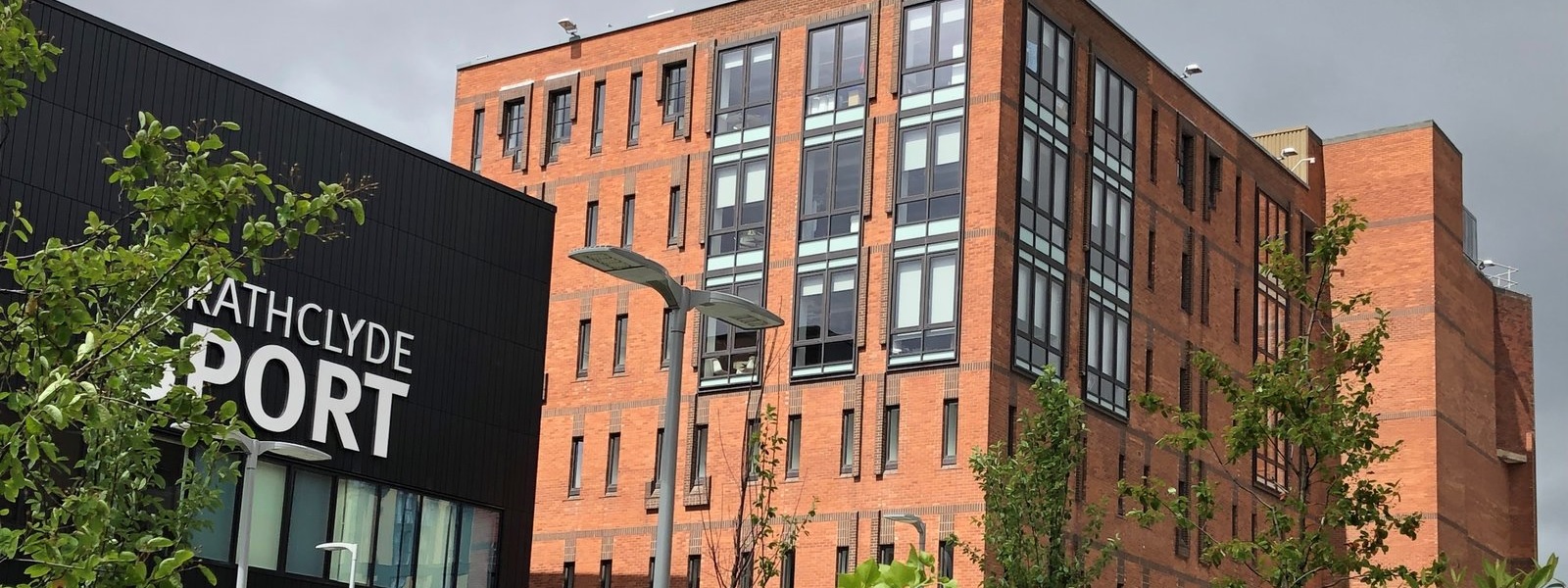
Meet our studentsHumanities
_(1).jpg)
Kate Lochrie, Diplomacy & International Security (MSc)
The weekly Ambassador reports which are written throughout the course came in useful almost immediately at my new job, as an intern at Chatham House, where I have regularly been asked to provide briefing notes for events my team is either hosting or participating in.
_(1).jpeg)
Tiana Chen, Creative Writing (MLitt)
It was my experience in the creative writing courses on the undergraduate and feeling like I had more to learn from the lecturers, that I considered the MLitt in Creative Writing. I felt it was the natural progression to continue on and experience the richer, more detailed classes offered to the masters students.
_(1).jpg)
Alice Green, French & Marketing (BA)
I feel that I got a really authentic experience of south-west culture, and not many of the locals spoke English, which, although daunting to start with, helped me to push myself to speak French. I put into practice what I had already learned in uni, but also learned so much about how French people actually talk in real life – I think it’s almost impossible to start sounding fluent without spending time in the country, so for me the year abroad was the most useful (and fun) part of my degree!
_(1).jpg)
Freya Young, International Business with a Modern Language (MIBML)
A year abroad is difficult, and I think the determination, hard graft and language skills you build upon really help you to stand out from the crowd when going for jobs. You are able to demonstrate how you can handle stressful situations, language barriers and things going wrong.

Saad Khalil, Diplomacy & International Security (MSc)
One of the unique strengths of this programme was the opportunity to learn directly from experienced diplomats and practitioners. I had the privilege of engaging with Ambassador Leigh Turner, who offered insights into the complexities of the Russia-Ukraine war. I also interacted with German Consul Christiane Hullmann, who explained Germany’s approach to soft power.
.jpg)
Orla Simpson, History (BA)
If you want the opportunity to explore a diverse range of historical moments and themes, Strathclyde's the place for it. There's also the opportunity to take interdisciplinary modules to further broaden your studies. This gives students the freedom to explore history and develop our unique historical interests.
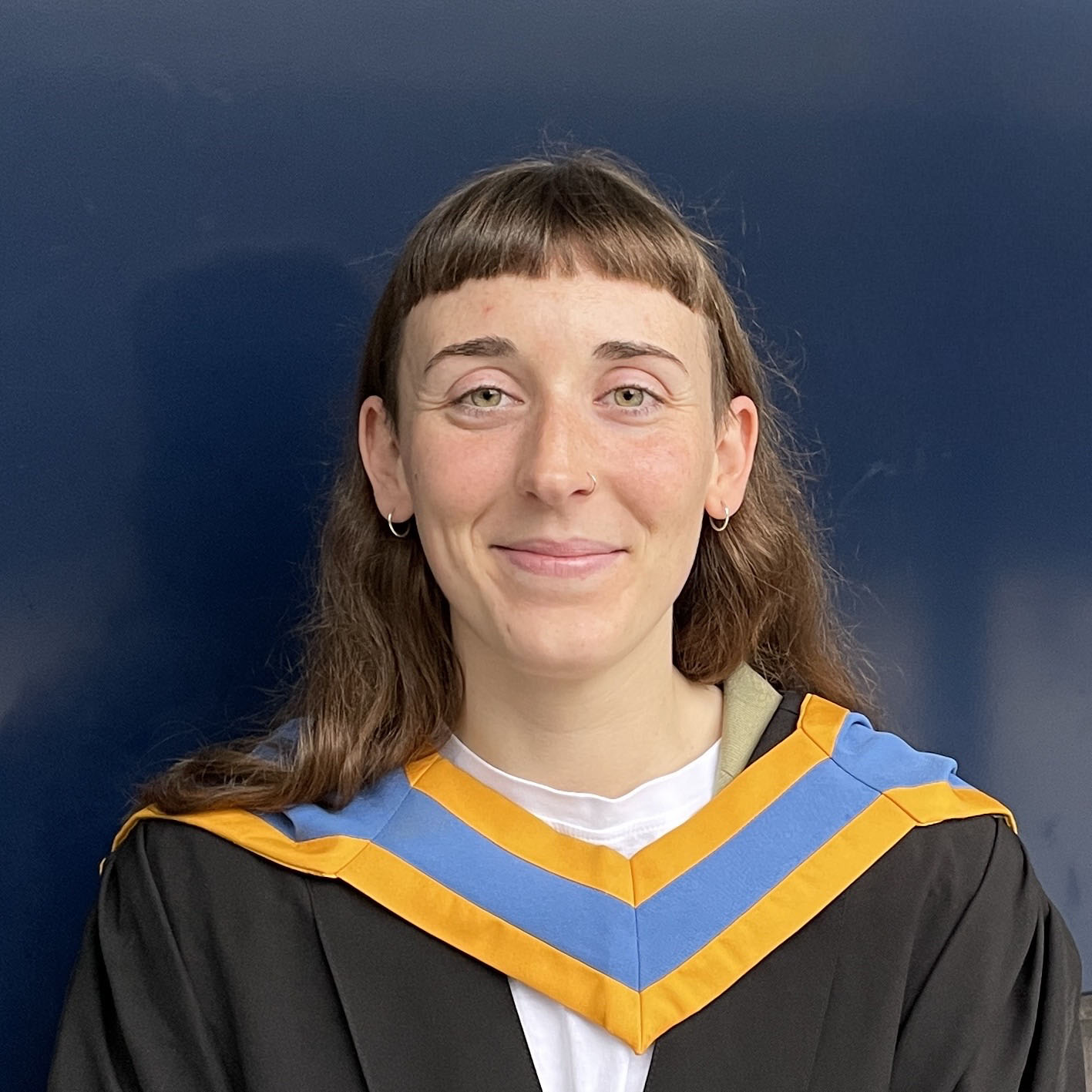
Georgia Hepke, Applied Gender Studies (MSc)
For my dissertation I interviewed different groups of women who regularly cold water swim. As a cold water enthusiast myself, this was a labour of love and probably my favourite task from the whole year. I was so well supported by my dissertation supervisor and the rest of the department.
.jpg)
Mathilde Smith, TESOL & Intercultural Communication (MSc)
The course completely changed the way that I think about language learning and communicating with people from different cultures. So many of the classes led to meaningful conversations with both my tutors and my peers and I always went home with food-for-thought. Of course, I also have to mention the amazing opportunities that I received following completion of my dissertation.
.png)
Ha Linh Nguyen, TESOL & Intercultural Communication (MSc)
I decided to go with MSc TESOL and Intercultural Communication at Strathclyde because it stands apart from many other TESOL programs in the UK. Its integration of Intercultural Communication offers a forward-thinking perspective - viewing English not just as a language, but as a bridge in our multilingual, interconnected world. As someone from a developing country striving for global integration, this approach deeply resonated with me.
_(1).jpg)
Christie McDove, Applied Gender Studies (MSc)
Being at Strathclyde I found the learning environment extended beyond the classroom. I attended events organised by the Strathclyde Feminist Research Network, including a brilliant guest lecture from Angela McRobbie, and I took part in a group session crowdsourcing LGBT+ history in the library’s archives of the Strathclyde Students’ Association newspaper.
_(1).jpg)
Zara Grew, Digital Journalism (MSc)
The course has really helped me to take steps in my career as I am now working in communications for a large third sector organisation and want to continue down the path of media and communications.
_(1)_(1)_(1).jpg)
Sam Martin, Diplomacy & International Security (MSc)
The key takeaway for me has been the importance of public speaking. Whether it was meeting politicians, asking for advice from practitioners, or giving presentations in class, the ability to communicate with others and convey an argument clearly has consistently emerged as a vital skill for any aspiring diplomat.
_(3)_(1).jpg)
Brainda Lekoundat-Omongo, Diplomacy & International Security (MSc)
Engaging with practitioners throughout the year brought the course material to life in ways textbooks never could. These varied interactions, from Brussels insiders to local diplomats, made the diplomatic world feel much less distant and showed us that careers in this field were within reach.
_(1).jpg)
Sophia Zaykowski, TESOL & Intercultural Communication (MSc)
What stood out to me about this programme was its focus on intercultural communication. This gave me a much deeper understanding of how culture shapes learning, and why inclusive, culturally aware classrooms are so important. It changed how I think about teaching and how I approach students from different backgrounds.
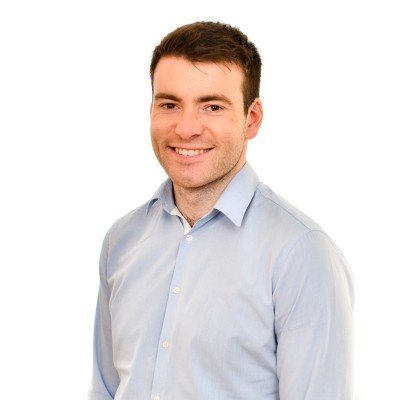
Daniel Hayes, MSc in Business Translation and Interpreting
I loved my time at Strathclyde and was provided with a terrific arsenal to succeed in the language service industry. I can’t overstate the benefits I’ve had since leaving university – both professionally and personally – of speaking three languages.
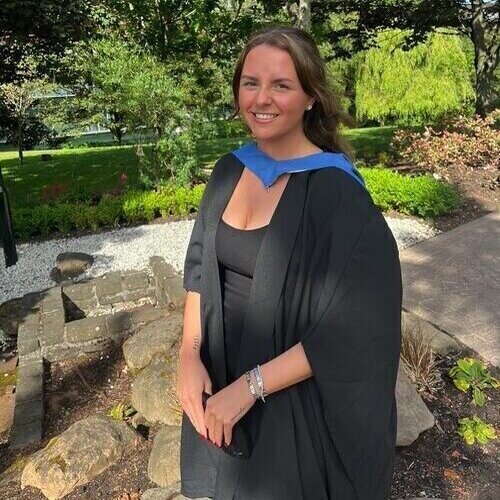
Lucy Cameron, Creative Writing (MLitt)
Honestly what drew me to the course was the tutors and their support in my writing. I wouldn’t of ever thought I was a good writer to enrol in the course without their support.
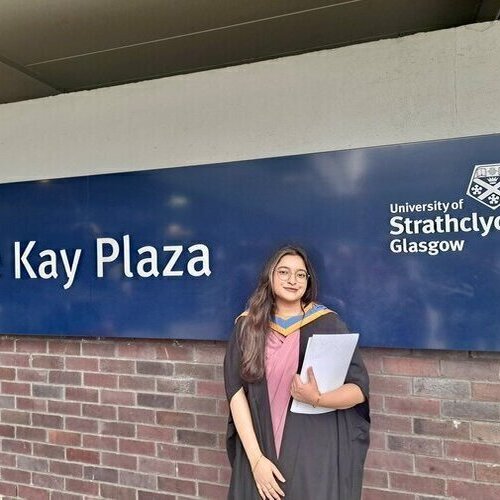
Zoha Fatima, Diplomacy & International Security (MSc)
The opportunity to study global security and diplomacy in-depth was especially appealing, and the Commonwealth Scholarship (CSC) made the programme even more attractive by easing financial concerns
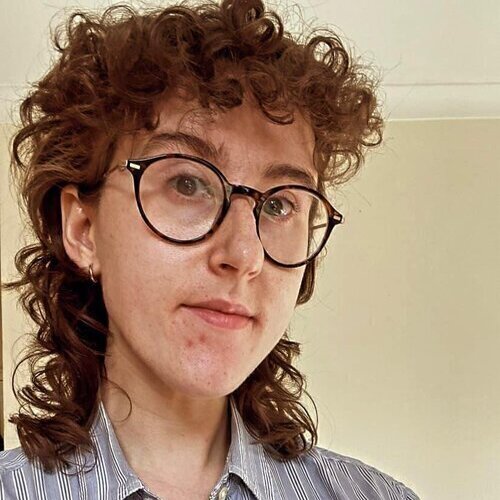
Jade Mitchell, Creative Writing (MLitt)
The MLitt really gives you the flexibility to experiment in writing across form and genre if you wish, or you can focus solely on your specialism for a whole year...I found this to be a freeing aspect of the course – that your vision as a writer was taken seriously and you had choice and freedom in what you were writing, as well as being given the room to experiment and play.
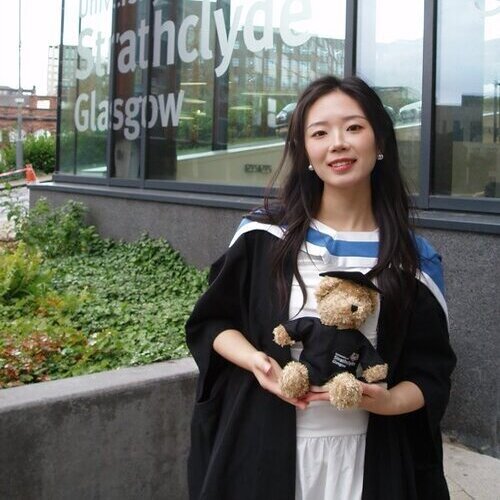
Xingyu Zhao, Media & Communication (MLitt)
I participated in an online language class designed specifically for international students, which was incredibly helpful as I was just beginning to tackle academic writing in English. Furthermore, the university’s library and study rooms provided great spaces for independent study, group meetings, and relaxation.
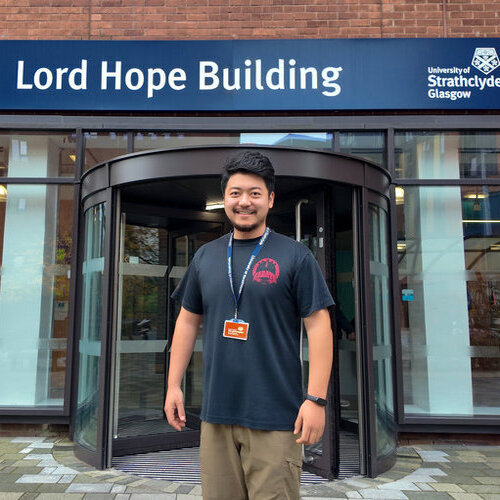
Jingsong Xie, Media & Communication (MLitt)
I am grateful for this programme. This year I have not only gained a framework of knowledge and academic resources in the field of media and communication that exceeded my expectations, but it has also fuelled my motivation to delve into the field at a higher level.
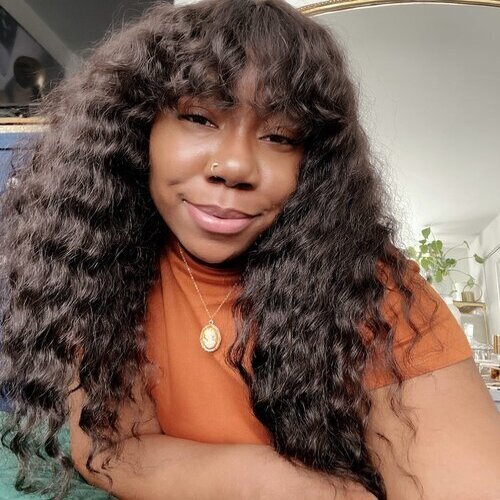
Tracy Cozette Moore, Creative Writing (MLitt)
As an international student, the staff was intentional about seeking me out and assisting me with both settling in the Glasgow writing community and thriving within it.
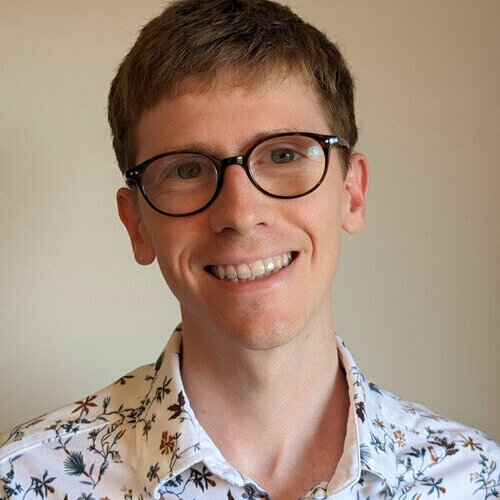
Stuart Taylor, International Business with a Modern Language (MBus)
I was the lucky recipient of the Stevenson Scholarship, which helped fund the move to Spain. That year allowed me to put into practice everything I had learned in class and at home during the first three years at Strathclyde.
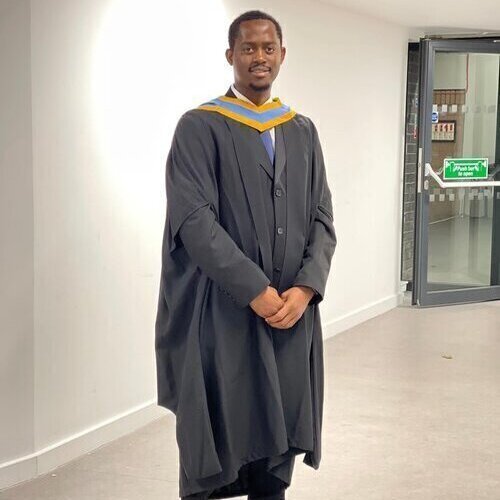
Omar Samba, Diplomacy & International Security (MSc)
The multifaceted nature of the MSc Diplomacy and International Security at the University of Strathclyde truly resonated with me. This program's ability to bridge disciplines like history, politics, and law aligns perfectly with my intellectual curiosity and desire to understand the complexities of international relations.
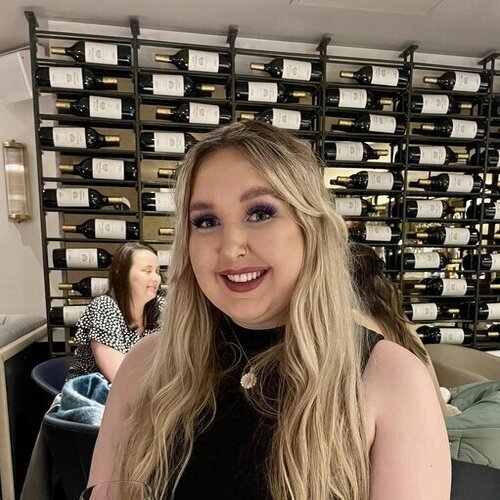
Mollie McVey, Italian and French (BA)
I’d definitely advise to go to the open day and to the language department presentation. You really get a feel for the course and can chat to the tutors and lecturers. The staff are all happy to help and can answer any questions about the course.
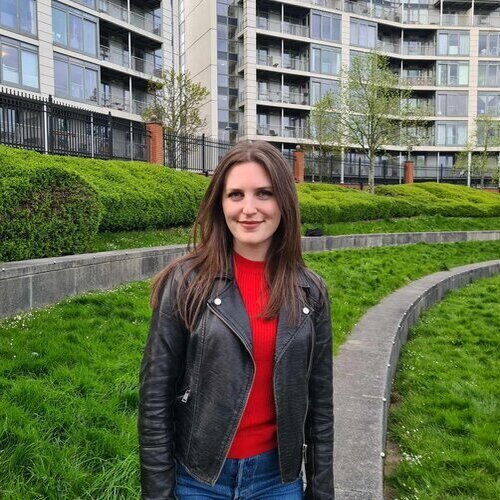
Niamh Coffey, History (PhD)
The highlight of my PhD journey was winning the British Association for Irish Studies’ 2022 Essay Prize. The competition is run annually for PhD researchers based in Britain in the field of Irish studies...There are plenty of competitions for PhD researchers which I would strongly recommend applying for even just on a whim!
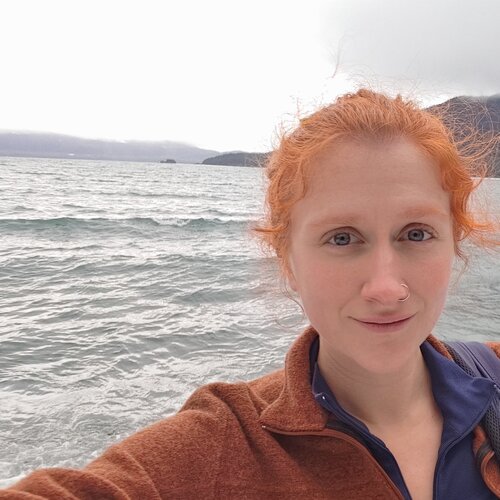
Mirri Glasson-Darling, Creative Writing (PhD)
The close attention and dedication of my advisors to my critical and creative vision has been a force of nature, inspiration, and morale in a field that’s very difficult to break into.
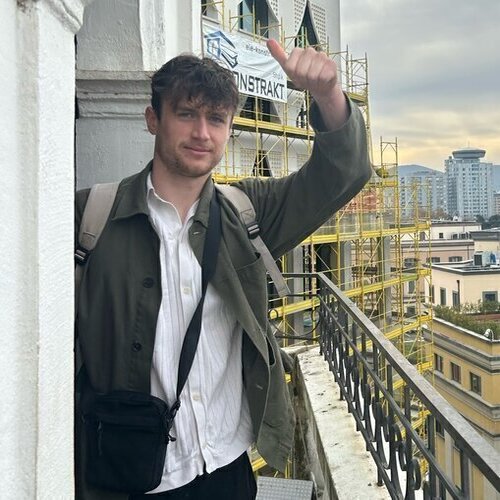
Ewan Keddie Hearns, History (PhD)
Studying a PhD has opened many doors for me already and I’m not even halfway through it as of yet. I’ve attended the political studies association conference, visited several historical archives and am completing an SGSSS internship this summer.

Melis Köroğlu, Journalism, Media & Communication (PhD)
Among the highlights of this journey has been the opportunity to engage with cutting-edge research and participate in academic conferences, which has significantly broadened my academic and professional network.
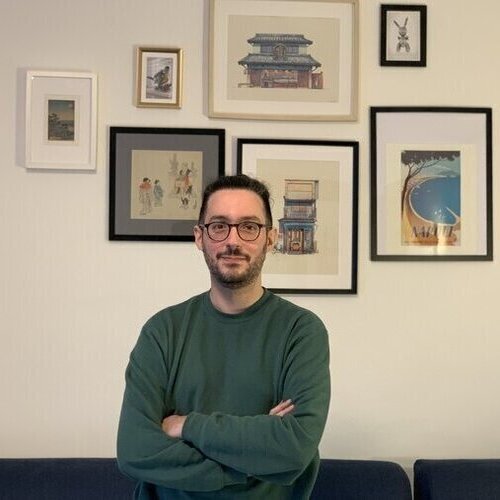
Nicola Cacciatore, History (PhD)
Historical research can feel quite lonely. However, perhaps precisely because of this, PhD students in the humanities tend to band together strictly. The interaction with your peers provides you a much-needed psychological support during the research process.
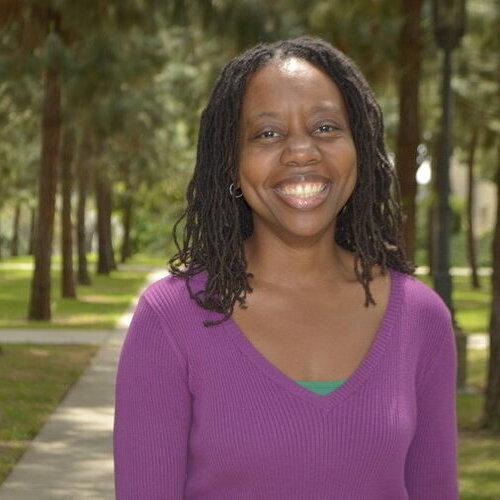
Erica Zuniga, Spanish (PhD)
My advice for future PhD students is that before applying for this course, choose a topic that you will enjoy because you will study, eat, sleep, and carry your research with you everywhere. Lean on your Supervisors and do not be afraid to admit that you need clarification or help from them.
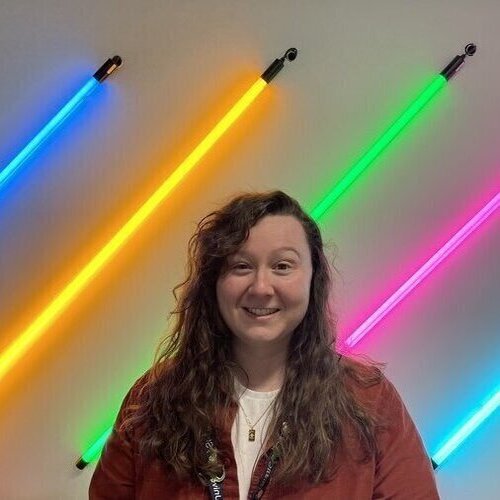
Lauren McDougall, History (PhD)
I have found the community at Strathclyde to be second to none: between our students, faculty members, and administration teams, I have always been grateful for the time, attention, and advice I have received throughout my journey as a student at Strathclyde.
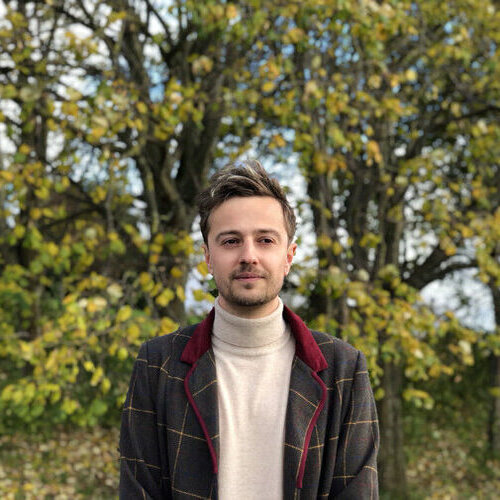
Artiom Chotkevic, Diplomacy & International Security (MSc)
I can confidently say that if you're seeking an exciting and dynamic program with a fantastic academic team, along with the opportunity to meet and study with like-minded peers from various countries in one of the greatest cities in the UK, you should definitely apply!
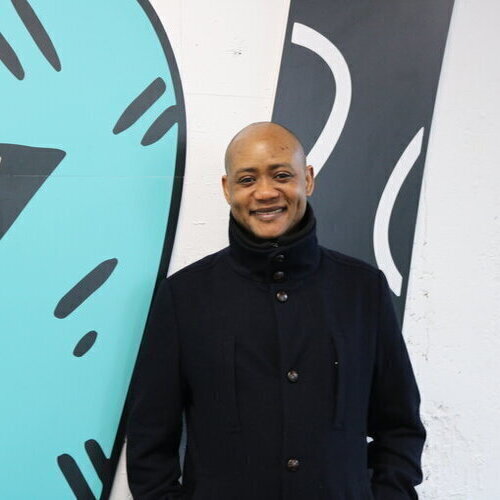
Justine Dyikuk, Journalism, Media & Communication (PhD)
The research community in Strathclyde is robust – it is built on integrity, innovation, research, diversity, and mutual respect. Both home and international students from Africa, Asia, the US, Canada, and Australia are provided with a serene environment based on best practices.
.jpg)
Adaeze Anene-Osakwe, Diplomacy & International Security (MSc)
I have gained a deep understanding of the historical context and evolution of diplomacy and international security. Through in-depth analysis of historical events, treaties, and conflicts, I have acquired a comprehensive knowledge of the factors that shape diplomatic relations and global security today. This knowledge allows me to approach current issues with a well-informed perspective, considering the long-term implications and historical precedents.
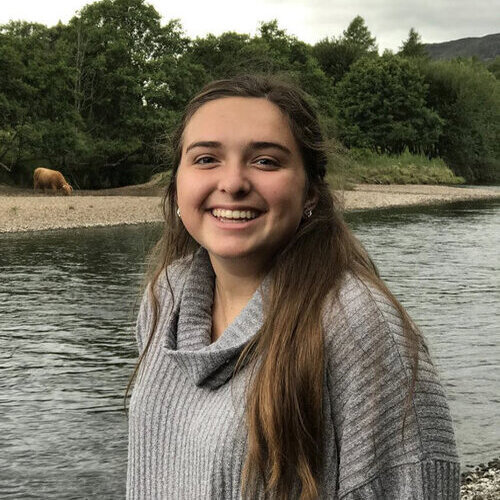
Madison Silva, Diplomacy & International Security (MSc)
The specific classes that I took were not only interesting and thought provoking but challenging and really made me think outside of what I was used to. I enjoyed the passion of the professors within class and their willingness to engage in discussion with students during and after lectures. The friendships I have made within this programme have been extremely fulfilling and I know will translate into long lasting friendships.
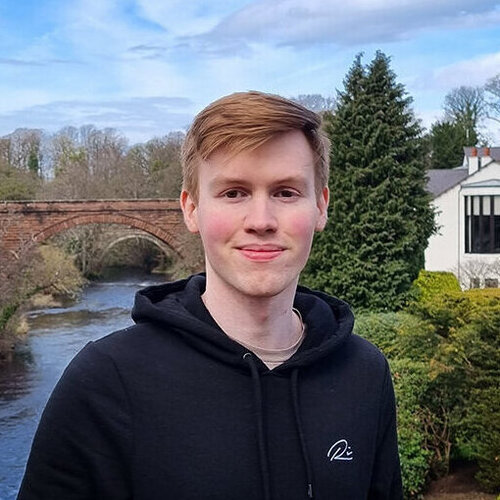
Ross Mair, Diplomacy & International Security (MSc)
The course has been crucial in developing key skills that are commonly used in the workplace. Organisation, independent research, communication and teamwork are common in employer’s expectations and it is through the Diplomacy and International Security course that I have been able to develop them. Using examples from this course that demonstrate my aptitude in the desired skills to employers has been central to my success in securing employment after I graduate.
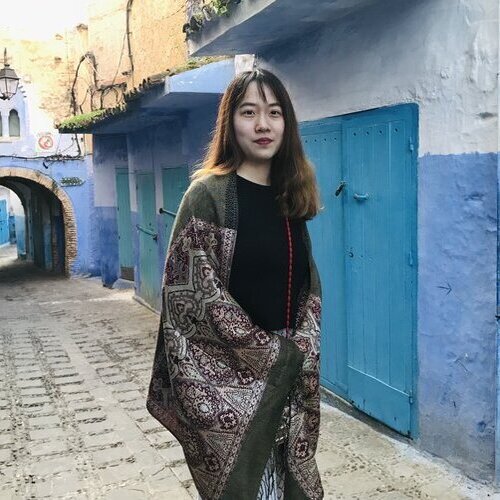
Chen Di, Media & Communication (MLitt)
I graduated with Distinction. Even though it was a simple one-year course, I realize what it means to my whole life. This journey is a symbol, gives me extra confidence, and reshapes my thinking model as well.
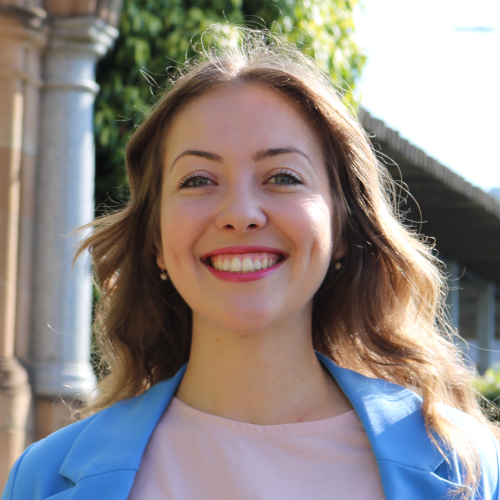
Vanya Georgieva, Media & Communication (MLitt)
For me, it was particularly rewarding to combine my two degrees in a way that they complement each other. This interdisciplinary approach has broadened my career prospects while maintaining a connection between the fields of Politics and Media.
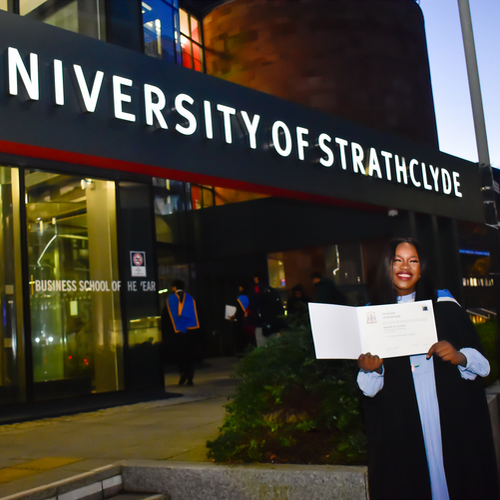
Somtonna Ozumba, Media & Communication (MLitt)
There is always something new to learn, and I really enjoyed sharing my perspective to different topics and listening to the perspective from my course mates.
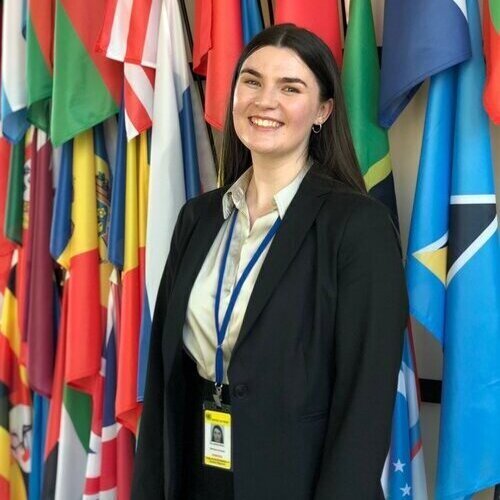
Mhairi McClafferty, Diplomacy & International Security (MSc)
I was a Programme Representative for MSc Diplomacy and International Security. In this role, I acquired various practical skills, such as gathering feedback, communication and organisation skills, and learned how to build collaborative working relationships, gaining the trust and confidence of my peers.
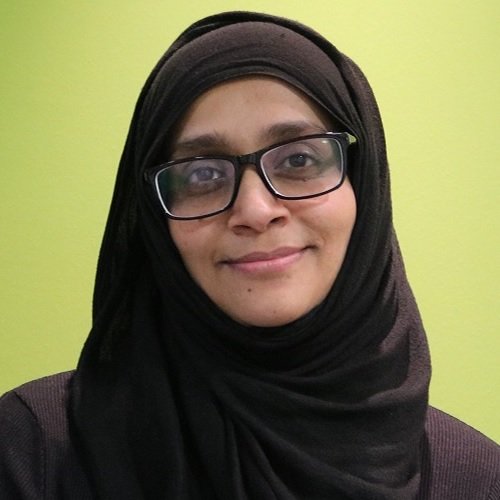
Lamiya Sami, English (PhD)
My Masters course helped me with so many things. It opened my mind to look into things critically and eventually, this is how I came to finalize the topic of my research. It also gave me a chance to explore different areas of research and new scholarly debates which is very exciting if you are planning to start your research journey.
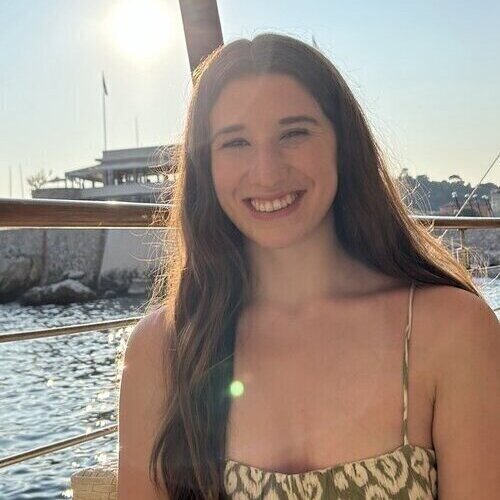
Kathryn Sandilands, Creative Writing (MLitt)
The MLitt allowed me to think about different styles of communication in research and how developing skills in one area might transfer to another.
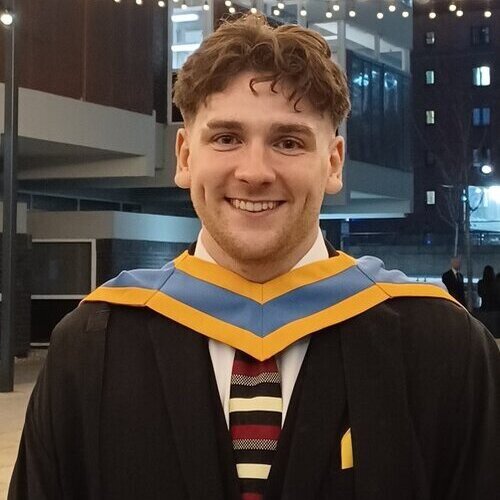
Stefan Butler, Diplomacy & International Security (MSc)
The course content of specific topics based on contemporary diplomatic crises spiked my interest, as I was able to learn from real-time examples and issues, which allowed me to research and study these examples further, outside of the classroom.
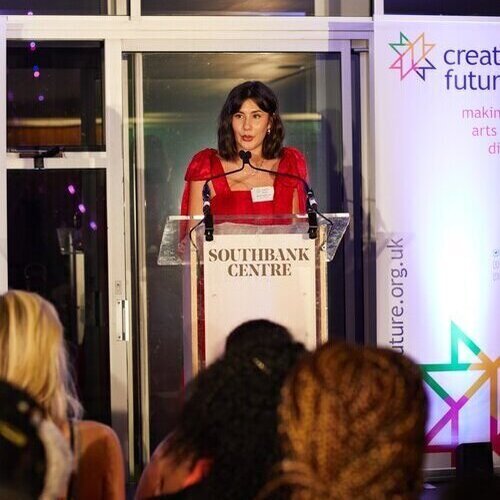
Hannah Lee, Creative Writing (MLitt)
I think the vast range of things that we were taught across the Masters degree was one of the parts that I enjoyed most about the course. I was encouraged to try many different forms of writing that pushed me out of my comfort zone whilst making me a better and more rounded writer.
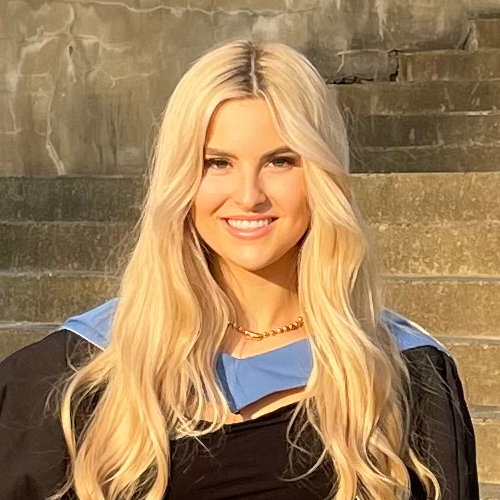
Jennifer Gray, Historical Studies (MSc)
One of the most enjoyable aspects of my course were the classes, where my lecturers encouraged us to put forward ideas and opinions at a more in-depth level than during my undergraduate degree. This made the classes interesting as hearing the arguments and opinions of other students encouraged each of us to consider different perspectives and develop a greater understanding of the topics that we were discussing.
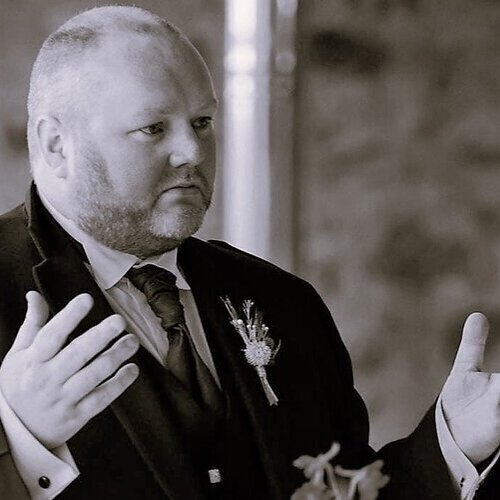
Johnnie Anderson, History (PhD)
I would also say that the freedom to be creative has been a great boon too. You are very much encouraged to “own” your PhD project and make decisions you feel will benefit the work and this means a great deal of flexibility is afforded to you.
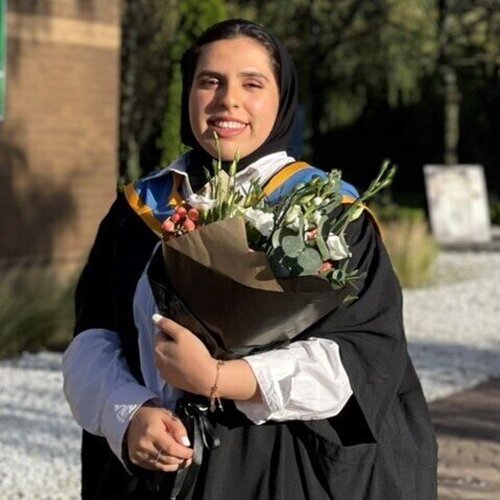
Nashwa Al Sinani, Diplomacy & International Security (MSc)
I really enjoyed working as a team. I find that this is really important for international students who may be experiencing their first time studying abroad. I enjoyed the group discussions and hearing everyone’s views during the seminars.
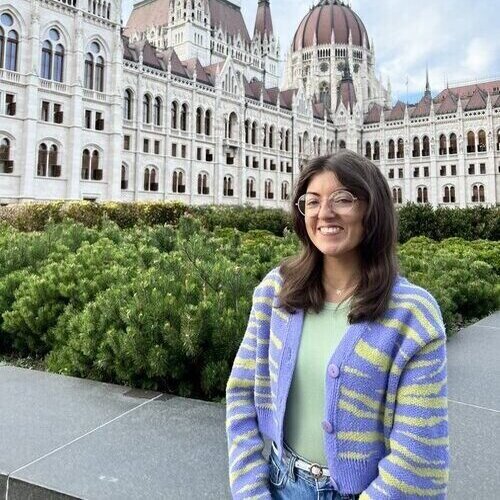
Amy Perry, Diplomacy & International Security (MSc)
I enjoyed the multidisciplinary approach to the course as not only did this give students more freedom over their learning, it also made class and group discussions more interesting and informative as students were able to bring different perspectives from other modules and backgrounds into their analysis.
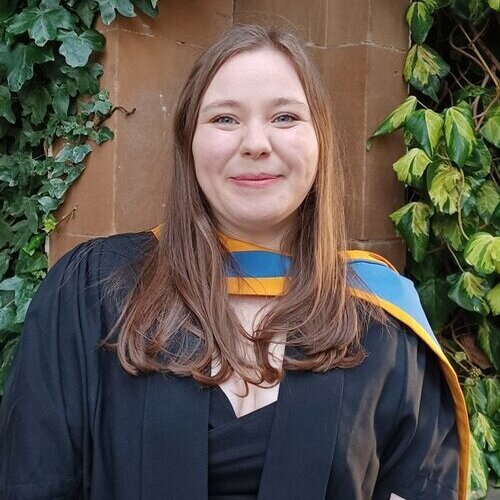
Kirsty O'Neill, Diplomacy & International Security (MSc)
The interdisciplinary aspect of the course means that you are encouraged to consider several different aspects of the subject you’re studying and encourages critical thinking when considering the historic foundations that influence present and future global issues.
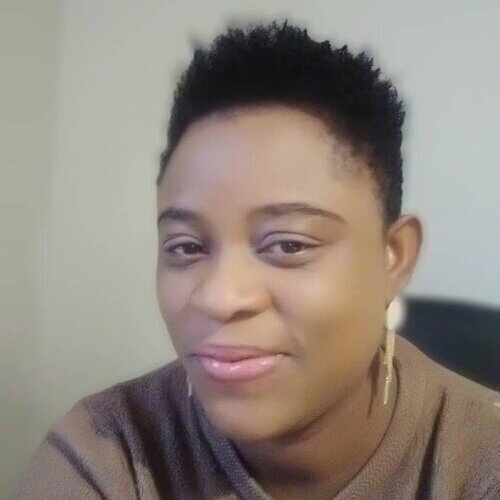
Suzy Emmanuel-Nwachi, Diplomacy & International Security (MSc)
The teaching and administrative staff of MSc Diplomacy and International Security provide a supportive learning environment for students to thrive and grow. They respond to enquiries and resolve complaints promptly. They also provide constructive academic feedback.

Katie McLachlan, Diplomacy & International Security (MSc)
The fact that the course was offered as a multidisciplinary MSc really encouraged me to step out my comfort zone and study courses offered by different departments...Taking classes from multiple disciplinaries allowed for me to expand my knowledge and consider debates from different angles.
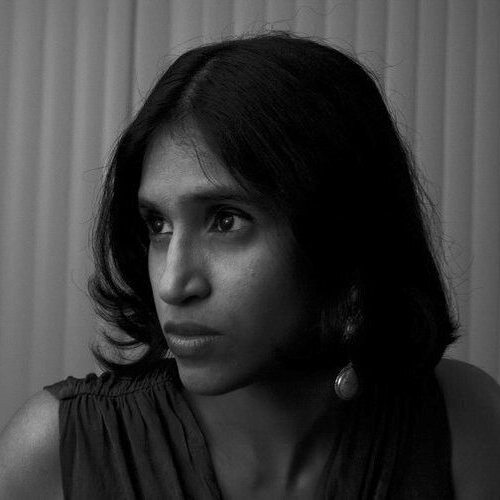
Sindhu Rajasekaran, Creative Writing (PhD)
Honestly, I love that the Strathclyde research community is generous when it comes to sharing knowledge. People are always happy to help and suggest/advice on where to find what you’re looking for.
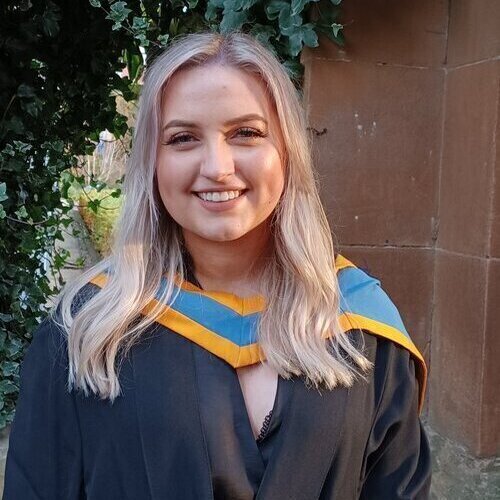
Rachel Robson, Diplomacy & International Security (MSc)
The course pushed me out of my comfort zone as several of my assignments involved presenting a topic of my choice to the class. I found this to be a valuable experience as it increased my confidence in speaking in front of people and being accountable for my work and research.
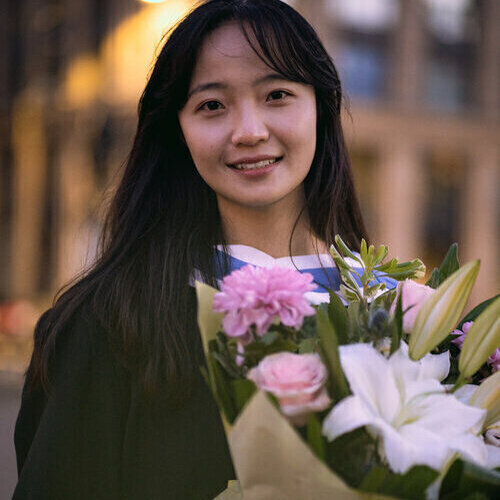
Qinrui Li, Media & Communication (MLitt)
This is a very practical course and you will meet many outstanding people as your classmates. They may already be editors or reporters of well-known media organizations. You can learn from them and find a unique way of looking at problems.
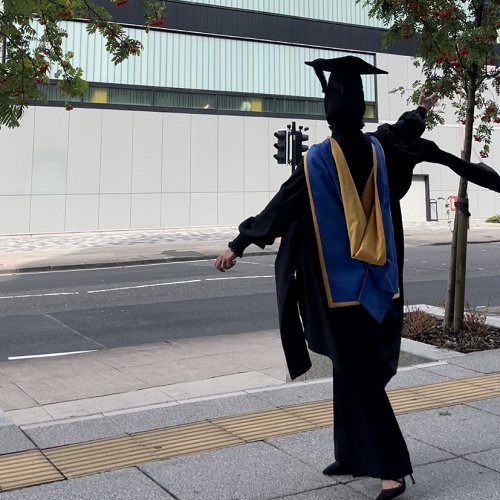
Sumaya Alzeer, TESOL & Intercultural Communication (MSc)
I really was amazed by how professional and organised the online platform was. I also liked the talented teachers and their respectful attitude towards students. I also admired how passionate they were about their specialist subjects. I felt that they wanted us to do really well in the programme and enjoy our studies.
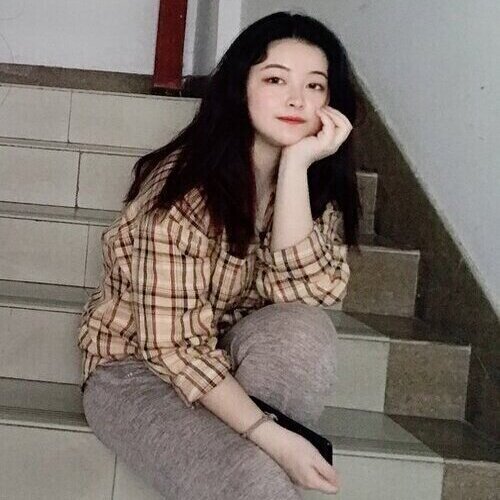
Wang Zisu, TESOL & Intercultural Communication (MSc)
TESOL provides me with a brand-new view about education nowadays, including the tools of teaching and the methods of teaching. Learning more about education around the world inspired me to choose the subject.
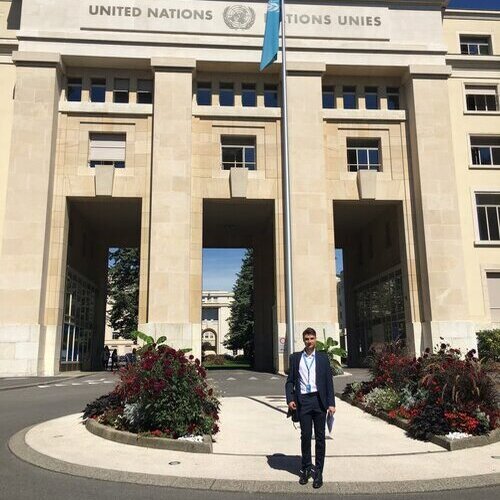
Povilas Lasdauskas, Diplomacy & International Security (MSc)
The best part of the course is that it allows you to choose between different disciplines such as History, Law and Politics. Which I believe are crucial to becoming an outstanding professional in the field
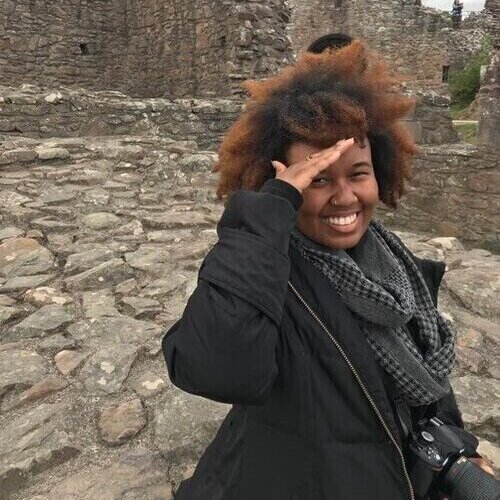
Kyndall Green, Media & Communication (MLitt)
My scholarship was beneficial to my studies as I didn't have to worry about finances while doing my work. This also pushed me to work harder to live up to my scholarship, and I'm thankful for the opportunity to prove myself and be a successful student.
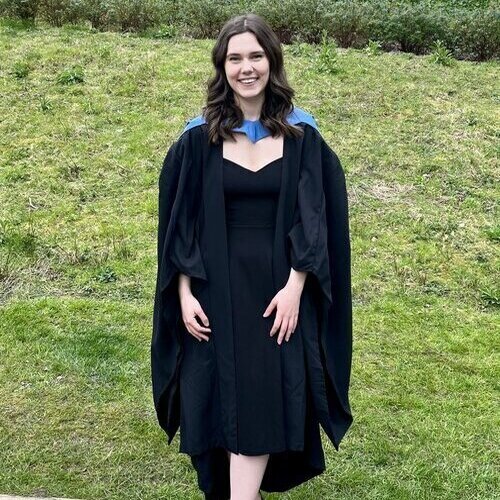
Olivia Ross, Historical Studies (MSc)
Your historical knowledge and awareness will increase significantly and you will develop a range of skills that will benefit you in the future. The facilities and academic resources available are amazing and will not only support you throughout the course, but will also help you to make the most of your Strathclyde experience.
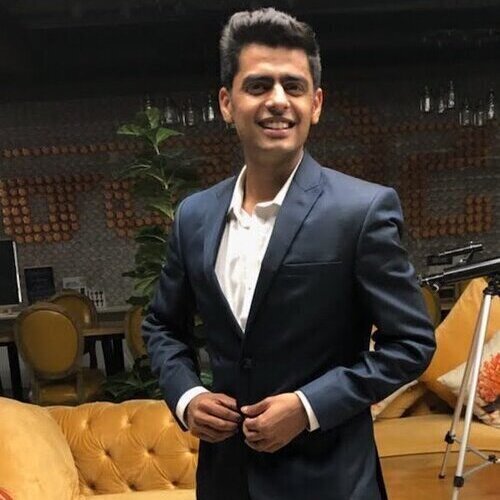
Abheet Raghav, Digital Journalism (MLitt)
Despite so many restrictions, the university left no page unturned when it comes to providing an efficient learning experience along with inviting a range of guest lecturers. This certainly has been the highlight for me.
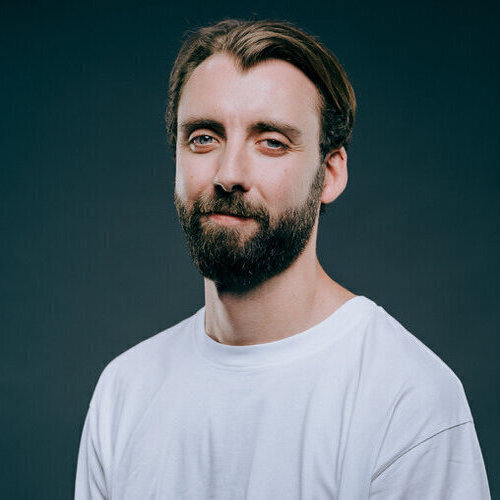
Kevin Mackay, Diplomacy & International Security (MSc)
An MSc in this field is a heavy amount of work, so juggling this and working pretty much full-time through the pandemic certainly increased my ability to manage my own workload – something employers are always keen on!
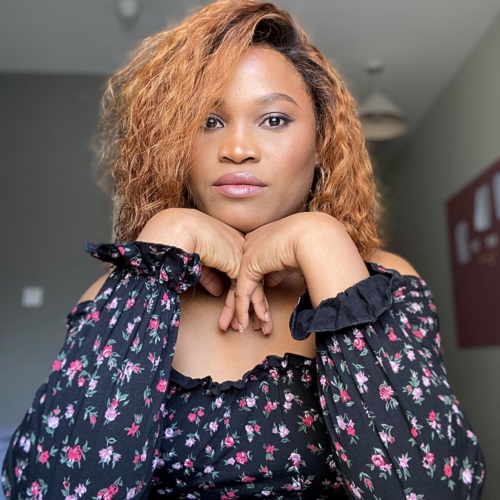
Chinweuju Ezinwanne Nzewi, Diplomacy & International Security (MSc)
I must admit that one of the things I enjoy most about the course is having access to a lot of new information and declassified documents. It’s always interesting to read about the discussions that happened behind closed doors.

Tyler Bingham, Interdisciplinary English Studies (MLitt)
I can say that the English department has an extraordinarily welcoming faculty, and I would recommend that any new student feel comfortable getting in touch with them. It can be nerve wracking to ask questions or seek advice outside of class, but it has been my experience that they are more than willing to offer their advice and guidance if you need it.
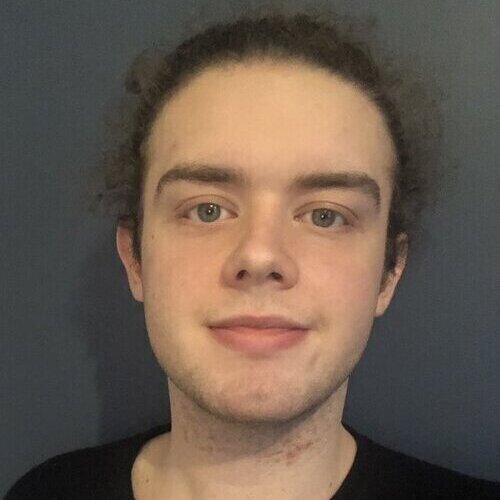
Kyler Howsare, Diplomacy & International Security (MSc)
I have really enjoyed all of the guest speakers and people from the field that professors have been able to bring in to speak for us. It really helped me get an idea of the practical side of the field that I’m planning to enter.
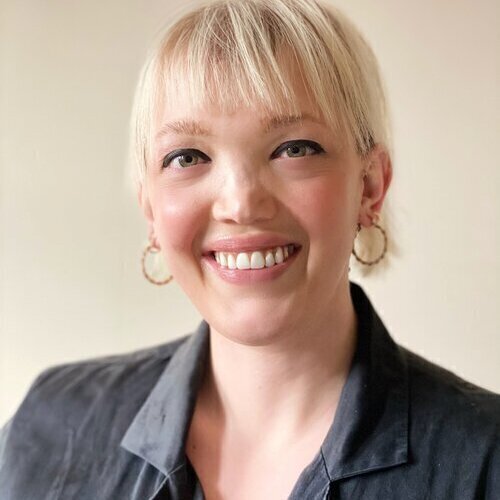
Diana Flemming, Applied Gender Studies (MSc)
I have been an advocate for positive, sustainable change since my days as an Enactus student and gaining an MSc Applied Gender Studies will better enable me to work towards the ambition of making gender equality a reality.
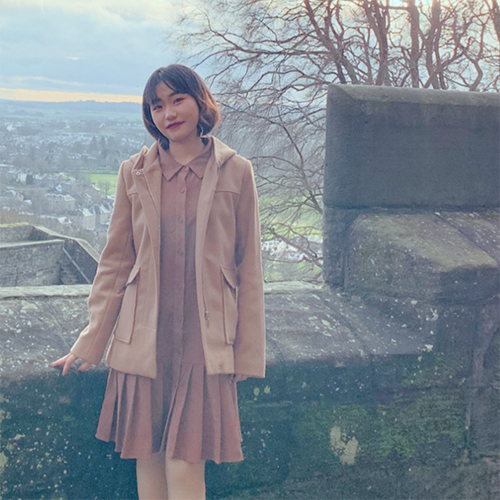
Chenjiazi Xu, Applied Translation & Interpreting (MSc)
If you want to take this course, my advice is to lay a good foundation and learn English and mother tongue well before you start taking this course. Because you have to switch between the two languages a lot in class.
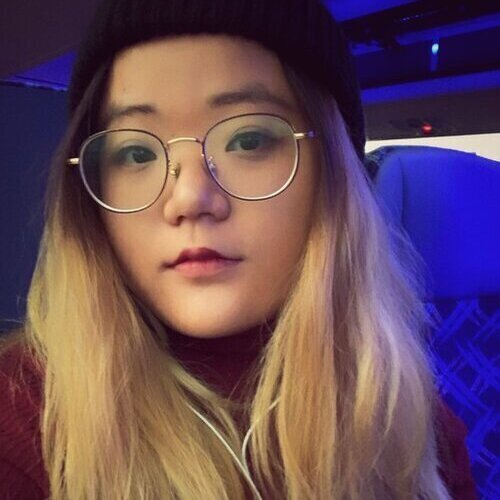
Yao Wang, Interdisciplinary English Studies (MLitt)
Take a more active role in discussion during the tutorial and don’t be afraid to communicate with professors. Most of the time, when I was struggling on things, a short chat with a teacher can help me greatly.
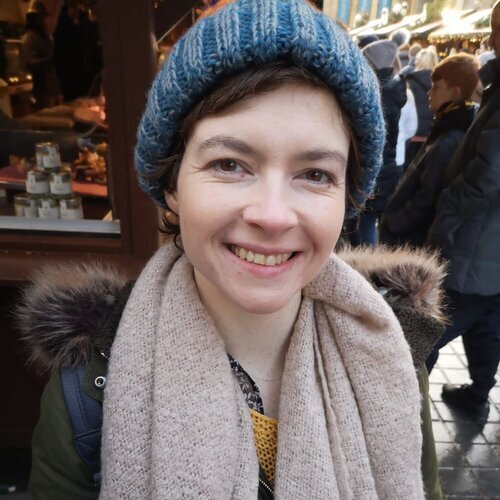
Deborah Crowe, Interdisciplinary English Studies (MLitt)
I applied to Interdisciplinary English Studies as I am genuinely interested in how novels are shaped by society and vice-versa. If you love English literature and how it relates to the world around us, do it!
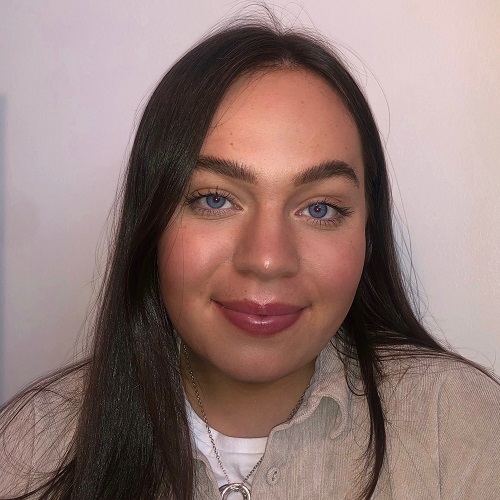
Sophie Shields, Diplomacy & International Security (MSc)
My cohort were encouraged to pursue courses across history, law and politics and to discover our own areas of interest and speciality. I found that this to be a unique approach to learning, which led to my classmates covering a variety of timelines and topics of expertise.
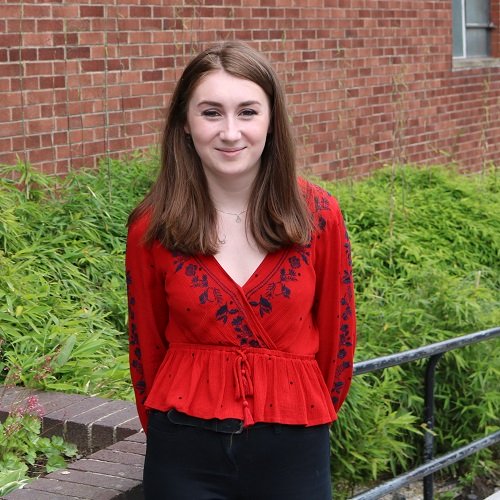
Sarah White, French and Spanish (BA)
As a languages student one of my highlights has to be my years abroad. Strathclyde gives you the freedom to do two years abroad if you're studying more than one language and this was a great opportunity for me to experience life in different countries, improve my language abilities by immersing myself in the culture and to make great memories.
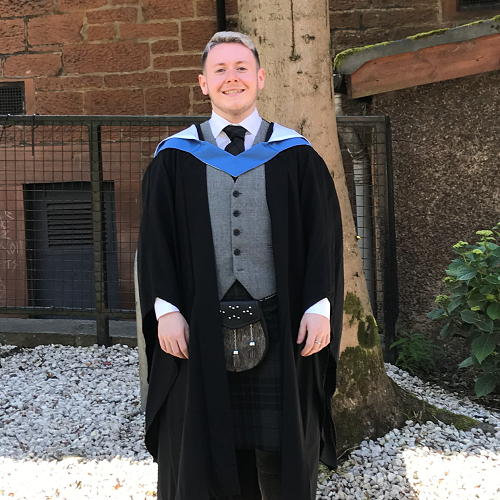
Lewis Creechan, Spanish and English (BA)
On many HASS courses you are initially given the option to study 3 separate disciplines and then you would progress into second year with 2 or 1 disciplines. Use the ability to choose these 3 disciplines in your first year as a way to give yourself options.
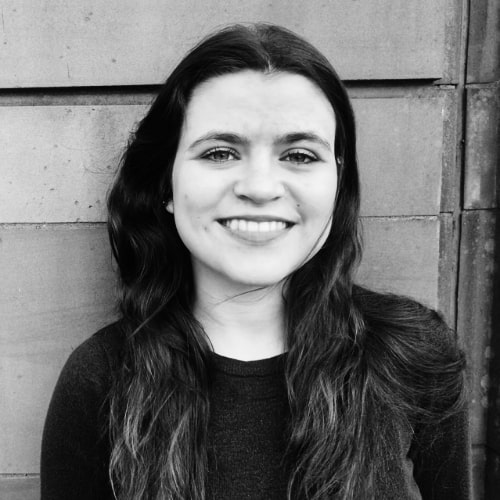
Anna MacLeod, French and Spanish (BA)
I would say that my final year has been the best part of my course. It sounds crazy, but all my hard work from previous years paid off and I really enjoyed the final year coursework... it was amazing to really feel fluent in my languages.
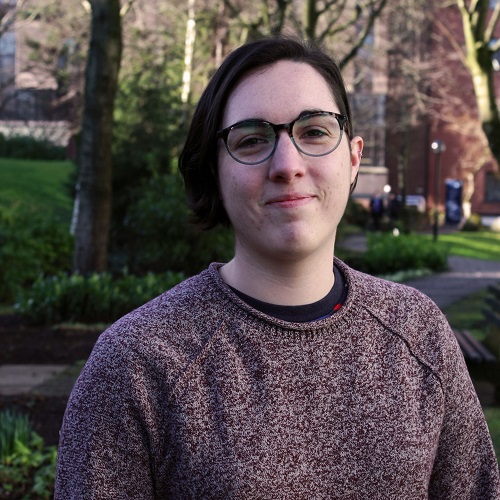
Taylor McDaniel, Digital Journalism (MLitt)
I really enjoy how practical and useful my programme has been so far. We're not just learning theory, we're doing hands on journalism creation and production. This is not only very helpful for future career prospects, it's really fun too!
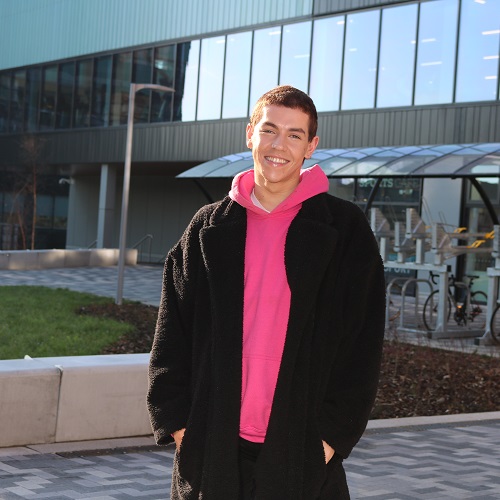
Ross McNeilage, Applied Gender Studies (MSc)
The support of Strathclyde is fantastic. Karen Boyle and Churnjeet Mahn have both been incredible helps. Both when it comes to classes and assignments but also with advice for progressing in the future. They have given me a lot of guidance for PhD application and funding.
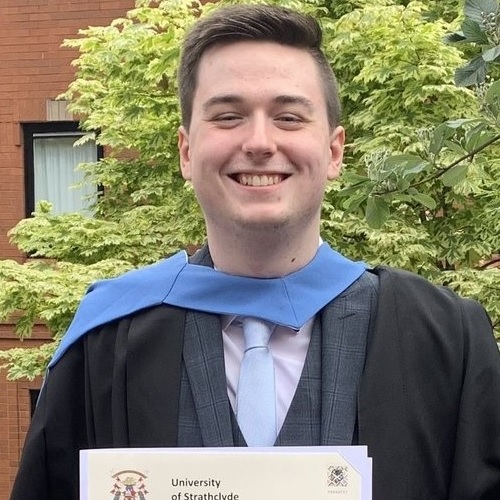
Liam McCarthy, Diplomacy & International Security (MSc)
No matter if you are an expert in diplomacy and international security or know nothing, rest assured that there will be enough in the course to challenge the experienced ones, and plenty of opportunity for those who know nothing to gain valuable knowledge in such an important area.
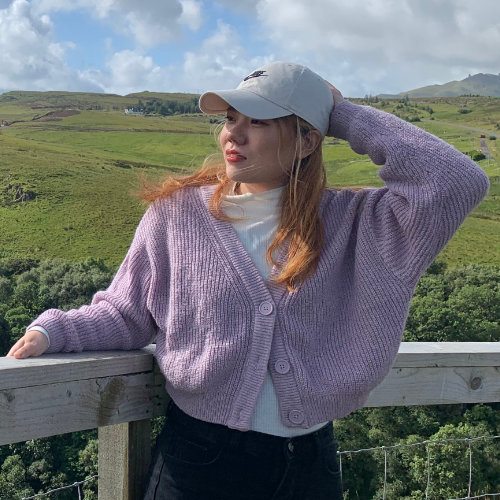
Xiaoye Zhu, Health History (MSc)
I want to say to all international students from China, study English hard, and don’t be shy, try to communicate with people. At Strathclyde, you will have an unforgettable experience and gain an international education and English language training, with social and cultural activities.